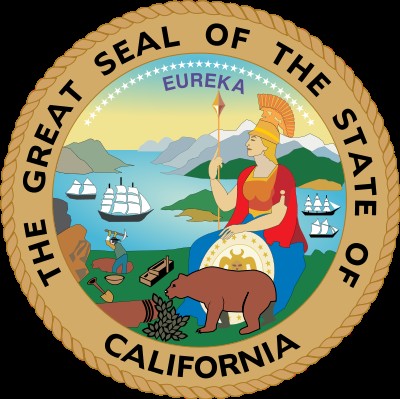California’s Best Investment in the Fight Against Climate Change
Legal Planet: Environmental Law and Policy 2017-01-26

How can California best move the ball on the climate issue? Ann Carlson and I have just published an op. ed. in the Sacramento Bee making the case for a state climate-research fund and explaining how it could be implemented. Here’s why investing in new knowledge is such an important move for California.
California can make the most impact if we get a multiplier effect, with our investments leading to further action by others. Knowledge is the most portable of all commodities, and there are crucial gaps in current knowledge. First, although available technologies will get the world to our 2025-2030 goals –much deeper cuts are going to be needed for 2050 and beyond. We’re going to need new technologies. That’s going to take basic research of a kind that private markets don’t supply. Second, although current climate models are pretty good at identifying long-term, large-scale trends, they’re weaker at predicting the timing of changes and at projecting local impacts. Cost-effective adaptation will require more precision as a basis for planning. The federal government has been subsidizing this kind of knowledge creation, but that’s obviously not going to be a priority for Trump or the current Congress – far from it. By filling the gap, California can be the catalyst for climate progress over the long haul and on a global basis.
Why California, you might ask? One reason is that we care about the issue, and we want to make a difference. Another reason is that California has the financial heft, as one of largest economies in the world. And finally, this research effort plays to California’s strengths. We have what is probably the strongest cadre of climate and energy researchers anywhere, taking into account the state’s universities, national labs, and Silicon Valley. For that reason, we can play a role that no other state – maybe no other country – could play.
California is already doing a lot, of course – setting an example to the rest of the country, while communicating to the rest of the world that all is not lost in the United States. Reducing our own emissions and starting to think about adaptation are crucial tasks. But we can make the most difference with actions that make climate progress possible not only here, but also globally. Money spent on installing rooftop solar in California is important, but it only reduces California’s emissions. But investing in new technologies and prediction methods will create tools that we and other people around the world can put to work. That’s why generating the knowledge that humanity will need over coming decades is our best bet to promote progress on a global basis.